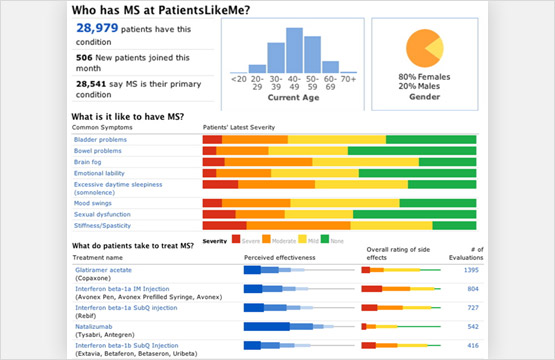Power to the people
- 2 October 2012

If you want to know what’s really going on, then follow the money. For health informatics, it might seem obvious that the money in question is the £10 billion we blew on the National Programme for IT in the NHS.
But that was the just the local NHS spend. Back in the real world, citizens were spending their own money on a very different kind of informatics. Follow this money and it leads you in a completely different direction.
Assume each household spends a rather modest £300 per year to fund all their phones, PCs and broadband. Multiply that by the 25m households in the UK and you find that citizens spent around £75 billion over the NPfIT decade. So, NHS £10 billion; citizens £75 billion.
Marx was right?
Of course, people did this to get hooked up with email, to shop, blog, Tweet and tell their friends just how friendly they were on Facebook – but that’s just the transactional stuff.
At a system level, the £75 billion meant that society got networked – that is to say is that every node on the net (which means anyone with a connection) got ubiquitous information, always on messaging, a public voice and the ability to find ‘people like me’ at the click of a mouse.
In a word, we all got a bit more power and became part of what sociologists who study the web call the ‘world of networked individualism’. It is hard to underestimate the importance of this change – just look at the Arab spring, or the music, newspaper and travel industries.
A Marxist might conclude that the means of production have finally been liberated to the masses and that revolution is about to ensue.
And in a way it is – for when nine year old Martha Payne can bring Argyll and Bute Council to heel over her school dinners (via a photo blog that the council tried – and failed – to suppress) then the world is clearly changing.
Clearing the brain fog
So should the NHS, that great dowager duchess of British society, be trembling in her boots? Well, you would be forgiven for thinking that right now patients have used their new found health informatics just to look stuff up, seek out fellow suffers for mutual support, and – if they are lucky – to order the occasional repeat prescription online.
But behind these mundane uses, a revolution is indeed gathering. Take a look at this infographic from PatientsLikeMe, which shows how 29,000 people with MS experience their illness and rate their medication.

*Courtesy of PatientsLikeMe
This is new, people-generated knowledge. I was a GP for 25 years, but I had no idea that ‘brain fog’ was one of the commonest symptoms for people with MS. It is only when 29,000 people come together that this kind of knowledge emerges.
This world-wide community is not controlled by ‘us’ but by ‘them’. It didn’t ask any ethics committee for permission to come into existence, and it doesn’t follow any research protocol as it probes new treatments and gathers data about side effects.
This is people coming together to exercise their web-enabled voice and share the reality of a disease that is devastating their lives. And along the way creating value for themselves, for clinicians and for PatientsLikeMe.
Power is shifting
That £75 billion means citizen informatics is often way ahead of NHS informatics. You know this every time you find you can’t use Skype at work.
Or when you compare the companies that create value for you as a citizen (Amazon, Google, Wikipedia, Apple) with those that partner the NHS (CSC, iSoft and …… you get my point).
Follow the money and it tells you that the really disruptive innovations in health are likely toarise from citizens coming together to do new stuff in new ways – and not giving a fig for what clinicians and managers think.
This is a new and very different world for health professionals and for health informatics. To understand it you need to really feel the power of that £75 billion and see just what it means for citizens to collectively know more, communicate more and create more.
Look around at politicians, the police, the media, bankers and you can see power leaching away from elites. As this process accelerates new opportunities will open up in health services.
Many of these will be disruptive rather than incremental but health and healing have always been a joint endeavour between patients and their carers.
If we can reach out from our citadels to where the networked citizenry are already encamped then perhaps we can create a health service worthy of the 21st century.
About the author: Paul Hodgkin is chief executive of Patient Opinion, a website on which patients, service users, carers and staff can share their stories of care across the UK. Patient Opinion is a not-for-profit social enterprise based in Sheffield. Until 2011 Paul also worked as a GP and has published widely including in the BMJ, British Journal of General Practice and the Guardian and the Independent.




